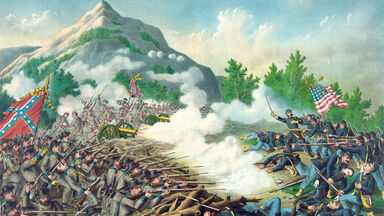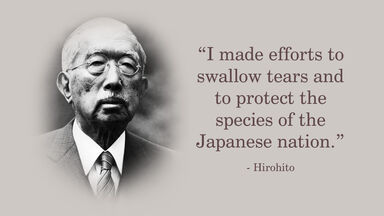The great increase in recent years in British military and naval expenditure, made necessary by the exceptional demands of a state of war and the great development of foreign powers, was partly responsible for the new difficulties; partly it was due to the great extension of the functions of the state during the latter part of the 19th century.
After some diplomatic fencing Russia and Prussia broke with England and entered upon what was, officially at least, a state of war with her.
There could be only one reply, and on Wednesday, the 11th of October 1899, at five o'clock p.m., a state of war existed between the British government and the two Boer republics.
The state of war with Soviet Russia, however, continued until the Peace Treaty of July 12 1920, whereunder the Lithuanian claim to Vilna and Grodno was recognized by the Bolsheviks and Lithuania received three million rubles in gold and 100,000 hectares of forest land for exploitation.
A state of war thus continued nominally between Mexico and its seceded member, whose independence was recognized by England, France and the United States.





